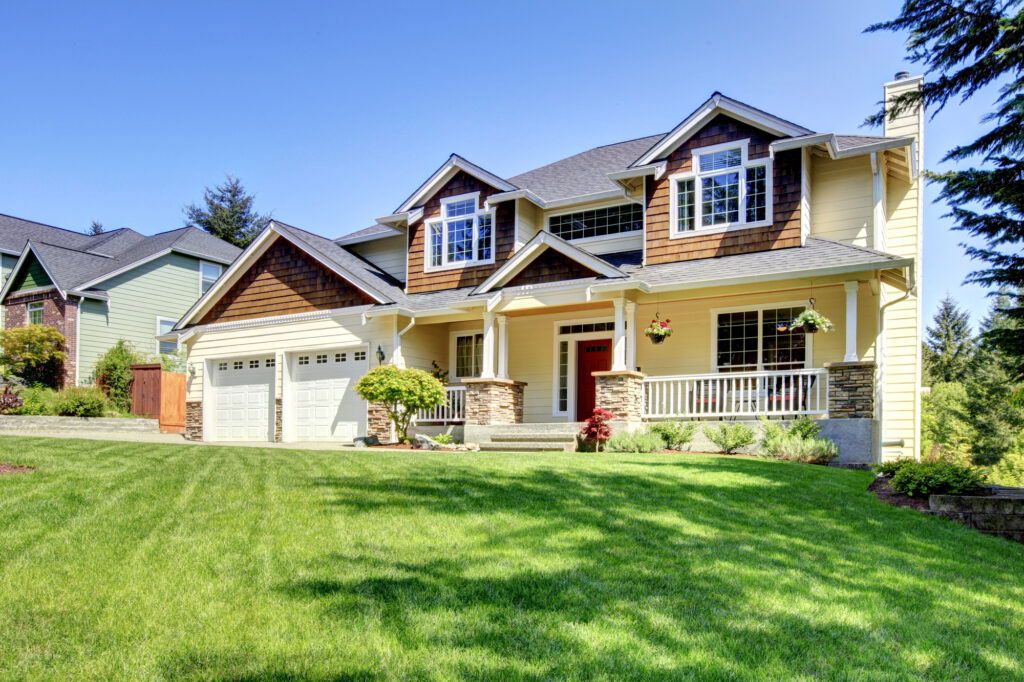Climate change is urgently calling us for a reevaluation of our lifestyle choices, it’s more important than ever that we rethink the way we live to create a greener future. Fortunately, adopting sustainable practices in your home and life doesn’t have to be complex. Whether through a DIY project or professional assistance, there are straightforward ways to make your home more environmentally friendly.
Let’s look at 7 smart and sustainable home ideas that help make a meaningful contribution to a greener future.
1) Solar Energy Usage
Installing solar panels and generators is a foundational step towards a sustainable home. By harnessing the power of the sun, you can significantly reduce your reliance on fossil fuels, lower your electricity bills, and even access backup power during outages. Outages can occur everywhere in the world as natural catastrophes like earthquakes, flooding, hurricanes, etc. rise. These can disrupt the electricity supply quickly. There are even generators that allow you to live off-grid independently. Of course, you don’t need to be living off-grid to enjoy peace of mind through higher self-sufficiency and being better prepared.
2) Energy-Efficient Appliances
You can reduce energy consumption by gradually replacing old appliances with Energy Star-rated models. When one of your appliances breaks down, consider replacing it with an efficient one. This saves energy, resulting in lower electricity bills in the long run. Whether it’s your refrigerator or washing machine, energy-efficient appliances contribute to a greener future while providing financial benefits.
Another sustainable hack is to replace larger appliances with smaller models. For instance, the replacement of large blenders with small, portable blenders that consume much less energy due to their smaller capacity and the need for less power to run. This approach conserves energy, plus takes up less of your home space.
3) Water-Saving Fixtures
Conserving water is vital for a sustainable future, and there are many options available today that make your fixtures save water like smart toilets or low-flow showerheads and faucets. These upgrades are an investment in water efficiency that can significantly reduce your environmental impact while also lowering your utility bills. For a family home with four people, installing low-flow fixtures could potentially save approximately $320 to $620 or more in utility bills every year, depending on local water rates and usage patterns.
4) Smart Thermostats
Smart thermostats are crucial because heating and cooling systems consume a substantial amount of energy, making them one of the main energy burners in homes. We cannot effectively optimize the energy needed for heating and cooling without the ability to measure, monitor, and control it. Smart thermostats are essential in this regard, as they not only learn your temperature preferences but also allow you to have precise control over your home’s climate, resulting in reduced energy consumption and cost savings.
5) Home Automation
Home automation is used to live more energy efficiently. It empowers you to control a wide range of things that consume energy daily, including lighting, heating and cooling, electrical window blinds, smart bathroom fixtures, smart kitchen appliances, smart entertainment systems, and other connected, electrical appliances.
Without home automation control, some appliances and systems may continue running even when unnecessary. Through smart home technology, you have numerous options to optimize usage, such as automatically turning off devices during the night when they’re not in use, dimming the lights in the evening times, and much more.
6) Rainwater Harvesting
This approach optimizes the use of this readily available and cost-free natural source. Rainwater is a free and abundant source we can harness daily. Collecting rainwater for non-potable uses, such as garden irrigation and toilet flushing, is a sustainable practice that not only conserves water resources but also provides a great way of increasing self-sufficiency.
7) Home Insulation
Enhancing your home’s insulation is a crucial step toward energy efficiency. It maintains a comfortable temperature and reduces the need for constant heating and cooling. This is particularly important as much of the energy we pay for gets lost when your home is not well-insulated. Insulation is the solution to this issue, ensuring that the energy you use to heat or cool your home is not wasted. Furthermore, it’s worth noting that this home improvement can even be tax-deductible if it’s part of a renovation effort, making it a practical and environmentally responsible choice.
Wrap Up
Climate change compels us to reassess our lifestyles. A fast and effective initiative we can take is to make our homes more sustainable and smarter as a practical step towards a greener future. We can easily adopt eco-friendly practices and incorporate smart home technologies for the sake of our children and ourselves.
From harnessing solar power to conserving water and optimizing energy use, there are accessible ways to make our homes more environmentally responsible. These steps not only contribute to a sustainable future but can also reduce utility bills and enhance our resilience during natural disasters. By acting now, we’re shaping a greener and smarter world, one home at a time.

